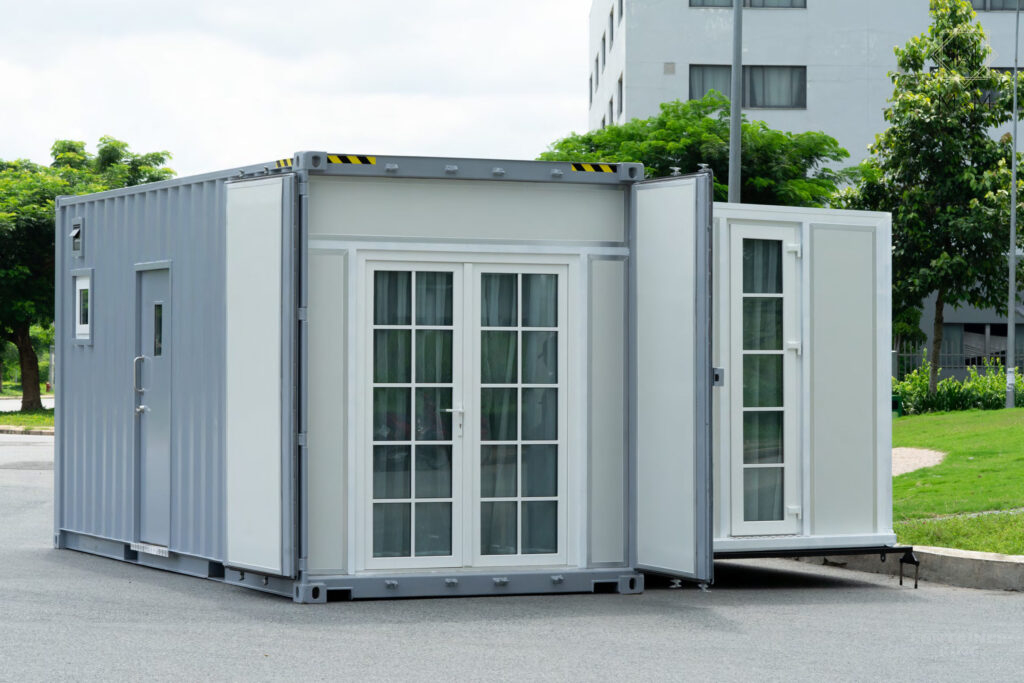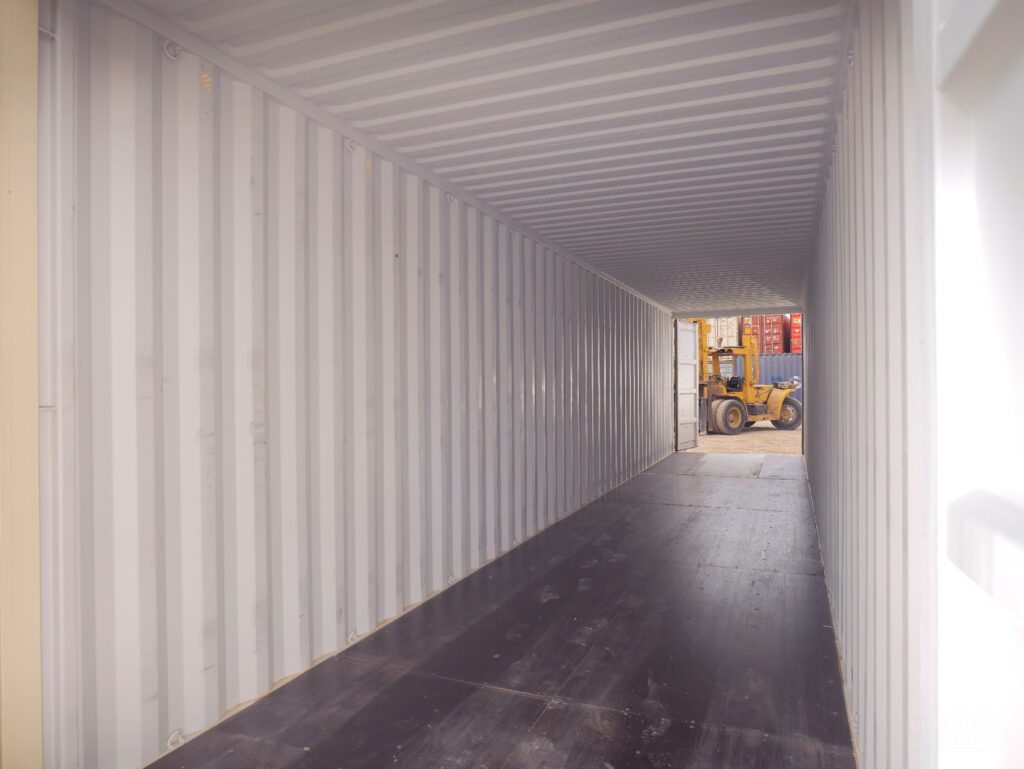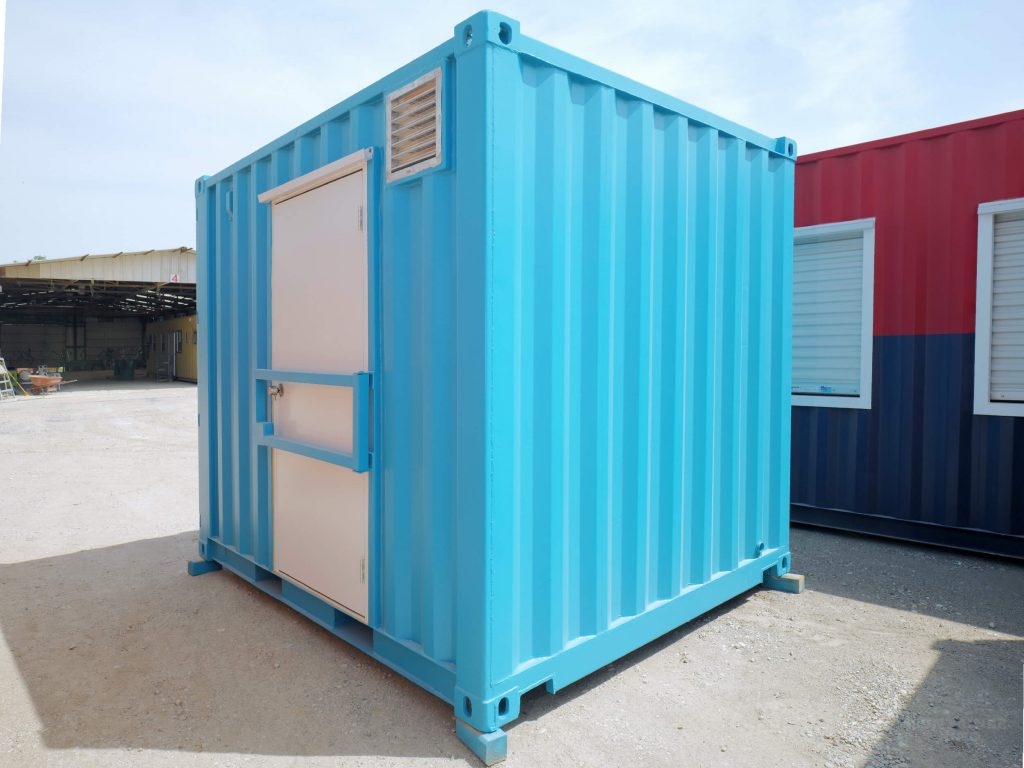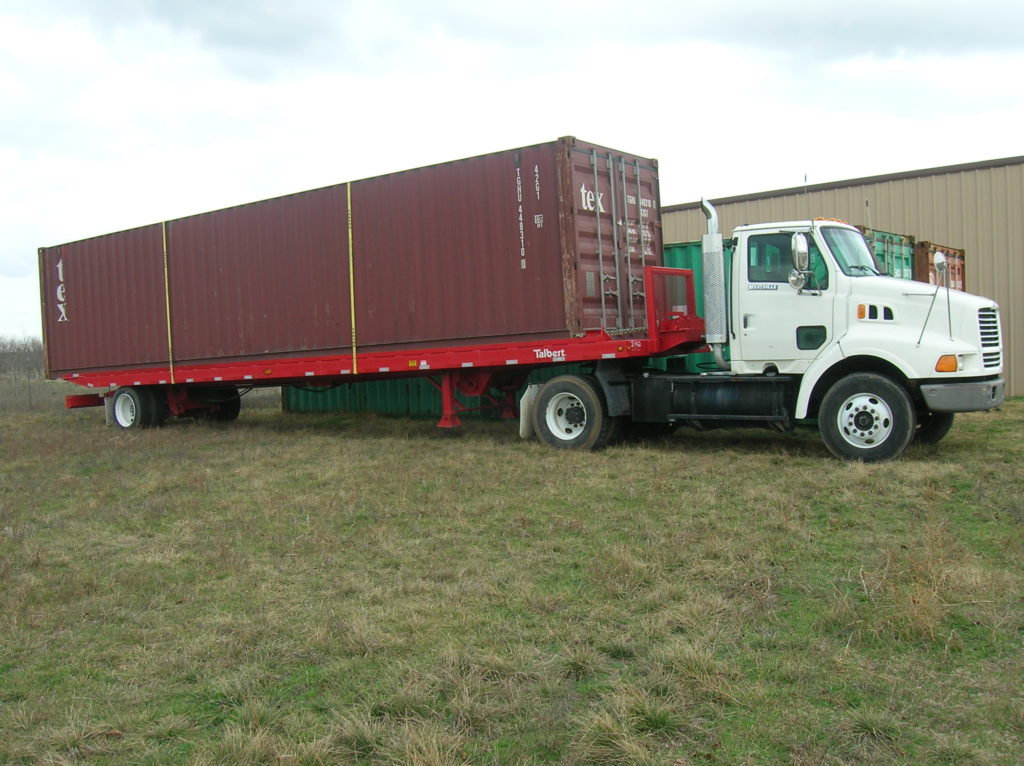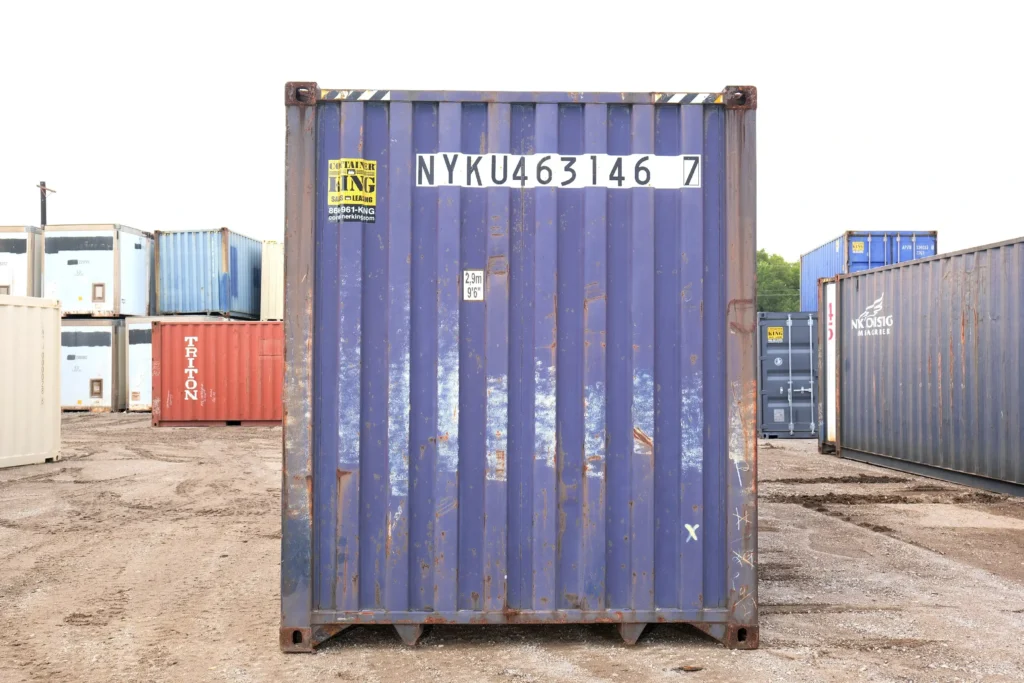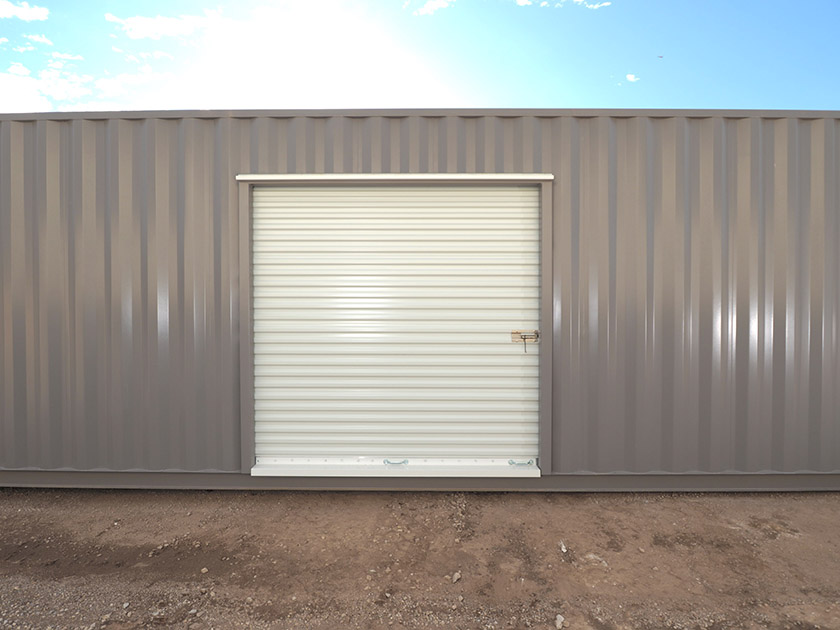Shipping Container Costs: 9 Essential Price Factors You Need to Know
Shipping containers aren’t just for cargo anymore. They’ve become one of the most versatile and budget-friendly building blocks available today. People use them for everything from secure storage to modern homes, mobile offices, pop-up shops, and even swimming pools.
But before you buy or rent a container, you need to know what drives the cost. Prices vary depending on size, condition, customizations, and delivery logistics. What seems affordable at first can quickly get expensive once modifications and transport are added.
This guide breaks down the nine most common types of container costs. Whether you’re looking for a simple shed or planning a full container home, you’ll get a clearer picture of what to expect and how to plan your budget.
1. Standard Shipping Container Costs
This is the starting point. Standard containers come in 20-foot or 40-foot sizes and are available in new or used condition. Your price will depend heavily on these factors.
Typical prices:
- Used 20-foot container: Starts at $2,575
- New 40-foot container: Up to $5,775
- High cube containers (9.5 feet tall): $3,575 to $5,775
Want a 20-foot high cube? Expect around $5,000. These are rare and usually sold in “one-trip” condition, which means they’ve only been used once.
Extra costs may include:
- Delivery (based on mileage and site access)
- Add-ons like windows, vents, or doors
- Site prep if your land isn’t flat or accessible
2. Shipping Container Pool Costs
Yes, you can turn a container into a pool—and it’s becoming a popular alternative to traditional in-ground pools.
Average cost range: $16,000 to $40,000
We provide the containers, but you’ll need a contractor to handle the pool conversion. That includes waterproofing, filtration, plumbing, and safety measures.
Container pools are perfect for small backyards or anyone looking for a fast, cost-effective option.
3. Shipping Container Home Costs
Container homes are gaining traction as an eco-friendly, modern alternative to traditional housing. They’re often faster to build and can be cheaper, depending on your design.
Estimated pricing:
- 20-foot home shell: About $30,000
- 40-foot home: Between $40,000 and $100,000 or more
Keep in mind that basic pricing usually doesn’t include insulation, plumbing, electrical, or interior finishes. The more complex the layout, the higher the final cost.
Tip: Check your local building codes before starting any construction. If you’re not sure where to begin, we’re here Monday through Friday to help.
4. Shipping Container Moving Costs
Getting your container delivered takes more than just hiring a flatbed truck.
Sample delivery costs:
- Within 50 miles of Sanger, TX: $375
- Longer distances: Add around $4.50 per mile
Your site must be flat, dry, and easy to access. If you’re unsure whether we can deliver to your area, email us and we’ll respond within two business days.
5. Average Cost of a Container
Looking for a ballpark estimate? A basic used container usually starts at $2,575. After adding delivery and setup, expect to pay at least $3,000 total.
This gives you a clean, secure storage unit that’s ready for use with minimal modification.
7. Shipping Container Garage Costs
Need a quick, durable solution for storing vehicles, equipment, or tools? A container garage could be the answer.
Garage estimates:
- 20-foot container: $3,000 to $7,000
- 40-foot container: $5,000 to $12,000
Basic garages offer solid protection, while upgraded units can include roll-up doors, insulation, lighting, and more.
8. Shipping Container Shed Costs
For a backyard shed, workshop, or tool room, containers provide serious value and long-term durability.
Pricing range:
- 20-foot shed: $2,575 to $6,000
- 40-foot shed: $3,600 to $10,000
Cost depends on how much you customize. Want shelving, lighting, or windows? That’ll add to the total, but you’ll still pay less than a traditional stick-built shed.
9. Expandable and Tiny Home Container Costs
>Tiny and expandable homes made from containers are becoming a favorite among minimalists, travelers, and off-grid enthusiasts.
Price range: Typically $40,000 to $120,000
These builds are fully customized, so pricing depends on your layout, finishes, and whether the unit is mobile. Think about your lifestyle, storage needs, and whether you want off-grid features like solar panels or composting toilets.
If you’re not sure where to start, we can help match you with the right container for your vision.
What’s a Container Really Going to Cost?
Shipping containers are tough, flexible, and surprisingly affordable—but prices shift fast depending on how you plan to use them. Always factor in delivery, site conditions, and any add-ons you’ll need. Don’t just look at the sticker price. The real cost includes everything from transport to customization.
To plan your project, ask yourself:
- What size and condition container do I need?
- How far will it need to be delivered?
- What features or upgrades do I want?
- Does my location require permits or zoning approvals?
Once you have those answers, you’ll be in a much stronger position to budget accurately.
Ready to take the next step?
We’ll walk you through every part of the process—from choosing the right container to coordinating delivery and exploring customization options. Our experts are here to answer your questions, offer guidance, and make sure you’re set up for success from day one. Let’s turn your container idea into reality.
Get a quote from Container King today. Whether you need secure storage, a mobile office, or a complete container home, we’ve got the right unit and the right team to help you make it happen.

